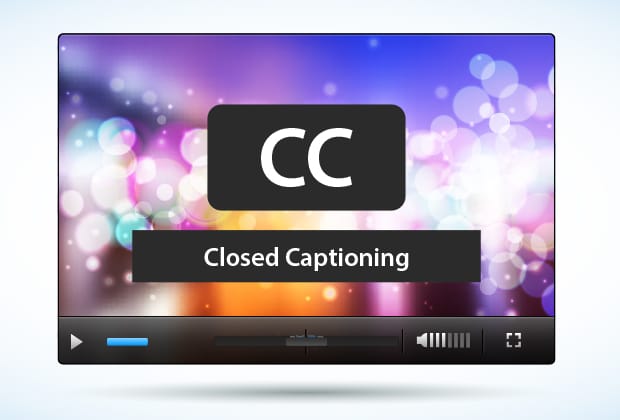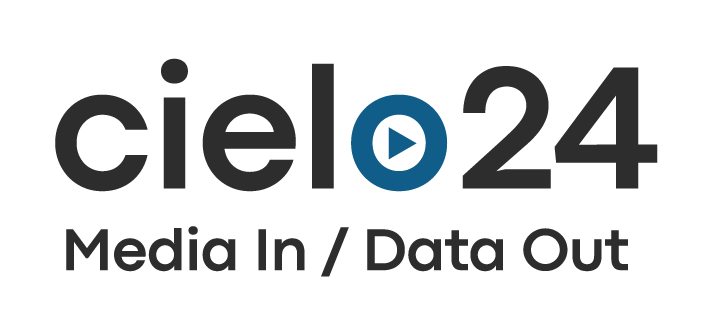What are the Legal Requirements for Captioning Spanish Video? The Federal Communications Commission, or FCC,…

Closed Captions Explained
The benefits and laws around Closed Captions.
Closed captions are the visual display of the audio portion of video programming.
Adding Captions to video is important as it provides access to individuals who are deaf or have hearing loss and is often used in places where it’s difficult to hear a TV program. On January 12, 2012, the FCC adopted rules requiring captioned programs shown on TV to be captioned when re-shown on the Internet. Those rules implement provisions of the Twenty-First Century Communications and Video Accessibility Act of 2010 (CVAA).
The Benefits of Closed Captions.
There are many benefits to providing closed captions on your video content:
- Ensure that everyone can view your video, including those with disabilities, speak in another language or find themselves in an atmosphere where they can not hear content clearly.
- Improve Video SEO by making your video easy for search engines to index.
- Increase retention and comprehension for your content. Providing visual and audio content in combination reinforces learning and cognition.
What kind of content needs to include Closed Captions?
This may be the most popular question we hear. The laws may seem complicated, but they are not. Below are the highlights of the FCC requirements for closed captions. (Full FCC closed captions guideline here.)
- The rules cover full-length video programming. Video clips and outtakes are not required to be captioned when shown on the Internet. However, when a captioned TV program is re-shown on the Internet in segments, it must be captioned if substantial portions of the entire program are shown in those segments.
- Consumer-generated media (e.g., homemade videos) shown on the Internet are not required to be captioned, unless it has been shown on TV with captions.
- Movies shown on the Internet are not required to be captioned unless they have been shown on TV with captions.
For full guidelines with deadlines for closed captions, please read through the entire FCC closed captions guidelines here.
Additional resources for accessibility:
- Intro to Compliance Laws
- Section 508 Compliance Overview
- Summary of 508 Compliance Standards
- Section 508 Guide for E-learning and Multimedia Technology
- GSA Tutorials, Guidance and Checklists for multimedia
- Alliance for Technology Access
- ADA, Title III Regulations
- Video Accessibility Act of 2010 (CVAA)



